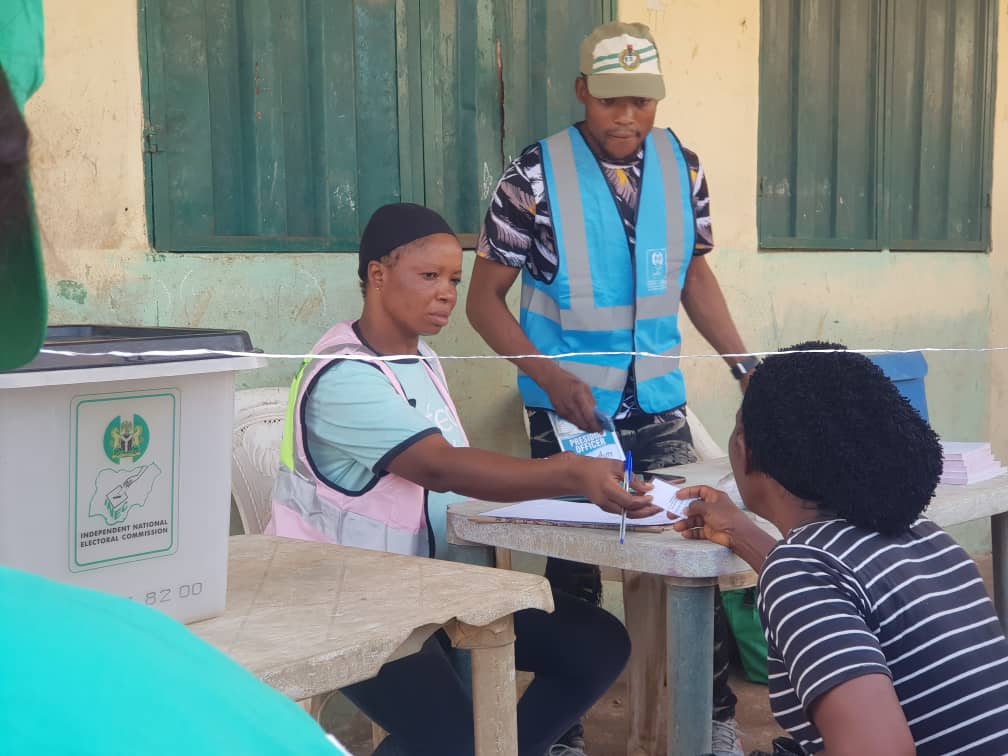

In February 2022, President Muhammadu Buhari finally signed the much-awaited and somewhat controversial Electoral Act Amendment Bill into law. In this article, we would review some key provisions and innovations of the new electoral law and further conclude on how its implementation would impact Nigeria’s electoral system.
Section 3(3) of the Electoral Act 2022 provides that funds for general elections must be released at least one year before the election. Under the repealed Electoral Act, No 26, 2010, the disbursement of funds for the elections shall be made in accordance with rules set out by the commission.
By virtue of Section 29(1) of the Electoral Act, 2022, political parties shall hold a primary and submit the list of candidates not later than 180 days before the date appointed for a general election. Under the repealed law, submission of a list of candidates shall not be more than 60 days before the date appointed for a general election.
AdvertisementSection 29(5) of the Electoral Act 2022 provides that only aspirants who participated in a primary election of political parties can approach the federal high court for review where there are grounds to believe that any information given by his political party’s candidate is false. Under the repealed act, any member of the public can challenge a candidate with a forged certificate. That has now been restricted to only aspirants who participated in primaries wherein the candidate with forged certificate emerged. Members of the public cannot challenge a candidate that submits false information to INEC.
Sections 47 and 50(2) of the Electoral Act, 2022 gives legal backing for use of smart card readers, electronic accreditation of voters and any other voter accreditation technology that INEC deploys. Not just that, it gives legal backing to the electronic transmission of result as INEC now has the power to determine the manner(s) of transmission of result. Recall that the commission introduced the result viewing portal in August, 2020. Section 62(2) gives the commission the power to maintain a centralised electronic register of elections for e-collation.
By virtue of Section 84(12) of the Electoral Act, 2022, anyone holding a political office must vacate the position before he or she can be eligible to participate in a primary election, convention or congress of political parties either as a candidate or as a delegate. This provision only covers political appointees and does not extend to elected political office holders or public officers employed to the public service. Also, the period when they should relinquish the position seems to be immaterial. What is important is that they must have vacated the political appointment before the convention or congress of their party.
AdvertisementSection 54 of the Electoral Act, 2022 provides that voters with visual impairment and other forms of disability or incapacitation should be assisted at the polling unit by a person chosen by him or her and the commission shall take reasonable steps to ensure these persons are assisted and provided by suitable means of communication such as braille, large embossed print, electronic devices, sign language interpretation, or off-site voting in appropriate cases.
Section 51 Electoral Act, 2022 provides that the total number of accredited voters will become a factor in determining over-voting at election tribunals. Thus, where the number of votes cast at an election in any polling unit exceeds the number of accredited voters in that polling unit, the presiding officer shall cancel the result of the election in that polling unit. This is an improvement on the repealed electoral law which provided that the number of registered voters, as opposed to accredited voters, shall be the factor in determining over-voting at election tribunals and only the commission can declare the election at the polling unit as null and void.
By virtue of Section 65 of the Electoral Act, 2022, INEC can now, within 7 days, review results declared by a returning officer under duress or where such a declaration was made contrary to the provision of the law, regulations and guidelines, and manual for the election. This is without prejudice to the jurisdiction of a court of competent jurisdiction or election tribunal to review the decision of the returning officer.
Section 94 Electoral Act, 2022 provides that campaign shall commence 150 days before polling day and end 24 hours prior to that day. Under the repealed law, political parties have just 90 days before polling day.
AdvertisementWhere a nominated candidate dies before the date of election, Section 34 of the Electoral Act, 2022 empowers INEC to suspend the poll and fix a new date for the election within 14 days of the death of the candidate.
Similarly, where a nominated candidate dies after the commencement of polls and before the final result and declaration of a winner, INEC is empowered to suspend the election for a period not more than 21 days.
Provided that where it is an election into a legislative House, a fresh primary shall be conducted by the political party of the deceased candidate within 14 days of death.
However, in case of presidential or gubernatorial or federal capital territory area council election, the running mate shall continue with the election and nominate a new running mate.
AdvertisementCONCLUSION
It is safe to conclude that the new Electoral Act is a timely improvement of the repealed version. Incontrovertibly, its implementation has the potential of sanitizing our polluted political atmosphere, reducing election related litigations and instilling transparency and accountability in the electoral processes.
AdvertisementFestus Ogun is a constitutional lawyer and managing partner at FOLEGAL, Lagos. He can be reached via [email protected]
AdvertisementViews expressed by contributors are strictly personal and not of TheCable.